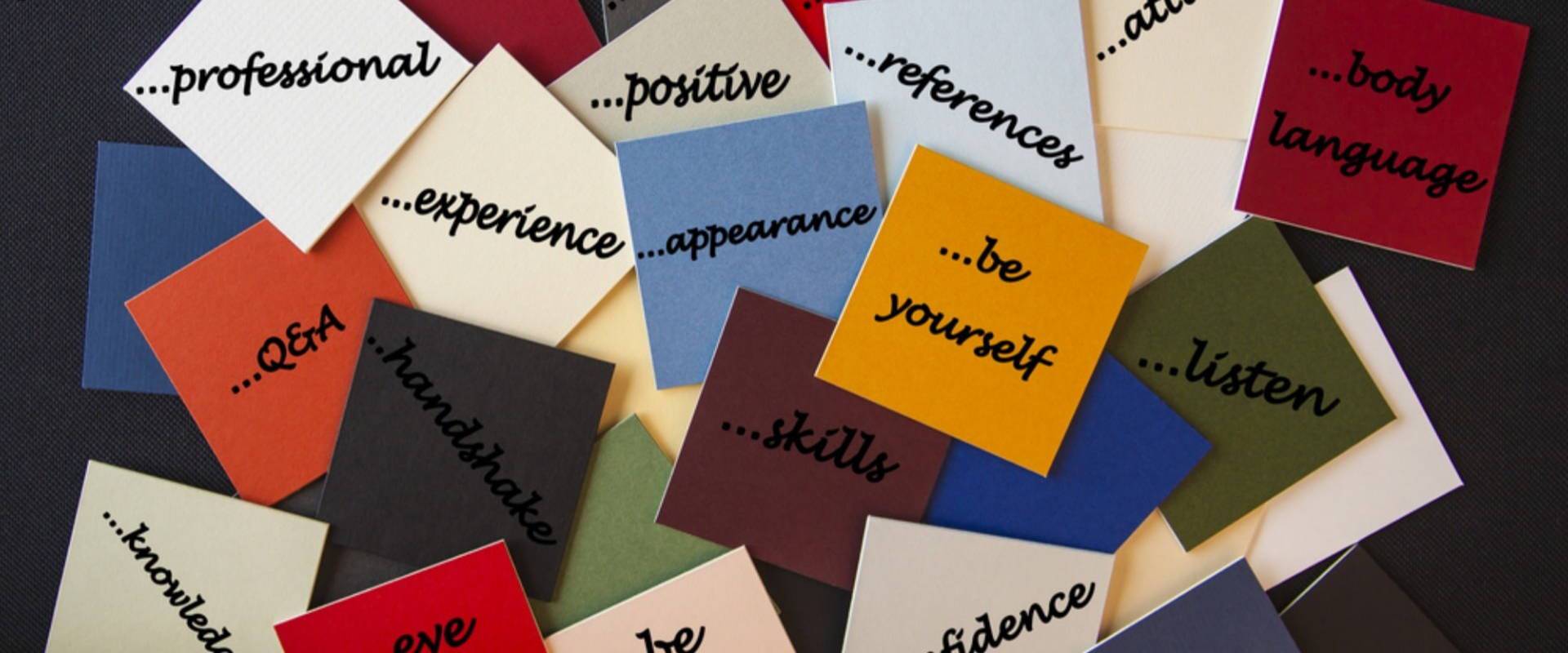HOW TO PREPARE FOR AN INTERVIEW
We provide you with key information for your interview, including the background on company, the hiring managers, and what they are really looking for during the interview. On your behalf, we will submit your CV to the client along with a Personal Career Assessment and our Candidate Summary Notes; which encapsulates the discussions we have had with you.
Prior to your interview with the client we will conduct a ‘prep’ conversation with you, to highlight the key issues the client has discussed with us. We will ensure you are aware of any concerns they may have about you at this stage i.e. tenure at the right level, technical capability, experience in relevant field, location, salary expectations etc.
We will also give you a summary of the interviewees who will be at your meeting wherever possible advising of their background and tenure with the organisation and the key things they’ll wish to understand about your skills. We will also get your agenda for the meeting; whether you have been head-hunted or had applied for a job, it is still a 50/50 meeting they have to sell to you too, and you need to ensure that they answer your questions to ensure you feel that this is the right move for you.
Interview Tips
The interview is arguably the most important part of the recruitment process and that’s why it is essential that you prepare and invest time to ensure you are the best you can be at the interview. The following tips will help you have a more productive and successful interview:
Do:
- Research the company and their financials, and thoroughly review the job specifications.
- Know the logistics – Time, location, interviewer’s name and position title (check their LinkedIn profile).
- Plan your day so that you are not rushed, preoccupied or lack sleep.
- Arrive 10-15 minutes early. Being late to an interview is inexcusable.
- Ensure that you are well groomed, with clean, pressed clothes.
- Ensure that you have a pen and pad with you, in order to take notes.
- Be professional, when you meet them shake hands with everyone in the meeting. If this is something you don’t do regularly, practice before you go to the meeting, smile and make sure you maintain eye contact.
- Ask questions; an interview should be a mutual exchange of information, not a one-sided conversation.
- If you are not sure how much detail the interviewer wishes you to go into, clarify with them. It’s always better to check than to give a 20 minute statement when the client expected a 2 minute overview.
- Relate your skills and background to the position requirements throughout the interview. Wherever possible, utilise the STAR method i.e. describe a Situation, outline the tasks you took to overcome them what you achieved and what the ultimate Results were.
- It’s expected that you will have questions to ask, so ensure that you have them prepared prior to the interview. At virtually any level they will consider this a poor meeting if you don’t have questions to ask them about their business, products or future challenges. If you have done your research these should be easy to pull together.
- Give your qualifications and focus on accomplishments that are most applicable to the job.
- Anticipate tough questions and prepare to turn perceived weaknesses into strengths using the STAR methodology.
- Listen and concentrate not only on the interviewer’s words, but also on the tone of voice and body language. Once you understand the Interviewer’s style you can answer your questions accordingly.
Don’t:
- Answer vague questions by responding based on assumptions. Ask the interviewer to clarify or focus questions so that you can provide responses that answer their questions.
- Interrupt the interviewer. If you don’t listen, the interviewer won’t either.
- If meeting on a more social footing, don’t drink alcohol or smoke even if the Interviewer does. You need to remain on top form throughout the process. Don’t relax too much, otherwise your demeanour and response to questions will be affected. Some Interviewers like to do this and can send a ‘killer question’ that you may struggle to answer.
- Ramble. Overlong answers are not received well.
- Lie or embellish facts, accomplishments or qualifications. Answer questions truthfully.
- Express resentment. Avoid derogatory remarks about present or former employers.
- Discuss salary and other needs at the first interview. You and your Executive Search Consultant will discuss these items prior to your interview.
A few things to remember during the closing process:
- Make sure that you have thoroughly answered these questions during the interview: “Why are you interested in our company?”, “What can you offer?” and “What
is the added value you will bring to our company?” - Also, your own questions: “What would my working relationship be with this Manager?” “What would I enjoy about working for this company?” “What are my future career prospects going to be?”
- Don’t expect an offer to be made or a specific salary to be discussed during your first interview.
Follow-up
- After your interview, follow-up is critical: attempt to write down key issues uncovered in the interview.
- Think of the qualifications the employer is looking for; did you match your strengths to them?
- Note the positive/negative aspects of the interview, as well as any concerns you may have.
- You should call your Executive Search Consultant after the interview to discuss your thoughts, questions and interest.
Second Interview
- At this stage you are virtually saying ‘I want to work with this person, in this job, for this company; and this role will give me the new challenge I’m looking for. My family are happy with this potential new career.’
- Preparation: Exactly the same as the first interview; investigate the new people you will be meeting, too. Recheck any news updates and financial reports that may have been announced since your last meeting.
Do:
- Ensure that you are equally prepared for the second set of people you will meet from the company.
- Have your unanswered questions ready for this meeting to ensure that they are fully answered at this interview.
- Ensure your Executive Search Consultant is fully aware of the salary and benefits package that you are looking for. Make sure that this has been facilitated prior to the meeting.
- Ensure that you know exactly what you need to know in order to accept this role before you go into meet them for this second meeting.
- Be prepared for the potential of an offer at this meeting, and ensure you have an answer prepared, should this occur.
Don’t:
- Be overly familiar even if you are meeting the same people again; be more relaxed but still on ‘your toes’.
- Drink alcohol or smoke even if meeting for dinner and your Interviewer does.
- Expect the meeting to be exactly the same as the first meeting. You may be meeting more senior or technical staff with a totally different approach and outlook.
We have a sample CV template to assist you in writing your own. To download our CV template, please click here.


